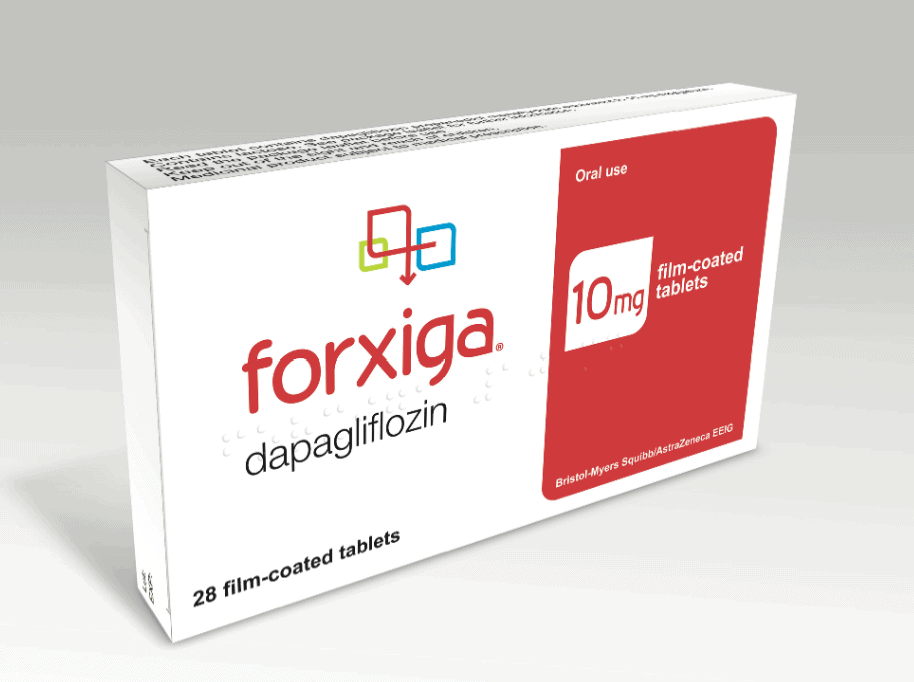
NICE rejects Forxiga
pharmafile | February 1, 2013 | News story | Sales and Marketing | AstraZeneca, BMS, Forxiga, NICE, diabetes
NICE has given the thumbs-down to AstraZeneca and Bristol-Myers Squibb’s first-in-class type II diabetes treatment Forxiga.
The drug was approved in Europe last November, but new draft guidance from NICE says it is ‘minded not to recommend’ Forxiga (dapagliflozin).
It is a blow for the companies, who said they are ‘disappointed’ with the decision, and that they had “responded in full to the questions raised prior to the appraisal committee meeting”.
“We submitted a robust dossier of information, which included an externally-validated cost effectiveness model,” said Amadou Diarra, BMS general manager UK and Ireland.
However, the watchdog has asked for more information from the manufacturers in time for its next appraisal committee meeting in April before final guidance is issued, probably in June.
Forxiga is a sodium-glucose co-transporter 2 (SGLT2) inhibitor which works by inhibiting the SGLT2 – a protein in the kidneys that allows glucose to be reabsorbed into the bloodstream – improving glycaemic control without increasing insulin secretion.
Indicated as an adjunct to diet and exercise with other glucose-lowering products, including insulin, Forxiga can also be used on its own in metformin-intolerant patients – but it is the add-on combination therapy indication that NICE is appraising.
“Type II diabetes is a serious problem in the UK and it is important that there is a range of different treatment options available,” said Carole Longson, NICE’s health technology evaluation centre director.
“Unfortunately the appraisal committee is currently unable to recommend dapagliflozin,” she added.
NICE has taken issue with the studies on Forxiga’s clinical effectiveness as add-on therapy to insulin, saying that evidence came from two placebo-controlled trials, one of which was only 12 weeks long, plus the manufacturers’ network meta-analysis.
The latter was used to compare Forxiga’s effectiveness with other active treatments that might be added on to insulin, and the committee concluded there was “significant uncertainty about the validity of the results”.
For Forxiga as an add-on to metformin, the evidence presented to NICE came from three clinical trials and, again, a network meta-analysis.
Only one of the trials had an active comparator (sulfonylurea) and the clinical effectiveness of Forxiga compared with DPP-4 inhibitors, thiazolidinediones and GLP-1 analogues was only based on the meta-analysis.
In a rebuff to the manufacturers, NICE’s appraisal committee said there was “significant uncertainty about the validity of the results”.
In turn this meant that the ICERs for the drug in combination therapy presented by the manufacturers and the Evidence Review Group – while below £30,000 per QALY gained – were obtained from an economic model that could not be replicated, NICE insisted.
The analyses did not account for the appraisal committee’s concerns about the utility values applied to changes in weight, hypoglycaemic events and urinary tract and genital infections.
NICE now wants BMS and AstraZeneca to submit a revised analysis and to give the programme code along with the trial data used for each analysis.
The companies responded that the same cost model had satisfied the Scottish Medicines Consortium (SMC) but said they ‘will do everything we can’ to help NICE.
They know that Forxiga’s novel mode of action makes it useful in a therapy area which retains a high level of unmet need, and it has been found to lower HbA1c and maintain glycaemic control in adults for two years.
But they also know they have competition: Janssen’s rival SGLT2 inhibitor, canagliflozin (to be marketed under the name Invokana), is snapping at Forxiga’s heels.
Adam Hill
Related Content

BMS’ Opdivo/Yervoy combination accepted by Scottish Medicines Consortium for colorectal cancer
Bristol Myers Squibb (BMS) has announced that its Opdivo (nivolumab) has been accepted, in combination …

Digital mental health technologies – a valuable tool in supporting people with depression and anxiety
The potential benefits of digital mental health technology for managing depression, anxiety and stress, together …

Combination treatments: Takeda’s Implementation Framework and the broader landscape
Pharmafile talks to Emma Roffe, Oncology Country Head (UK & Ireland) about the combination treatment …






